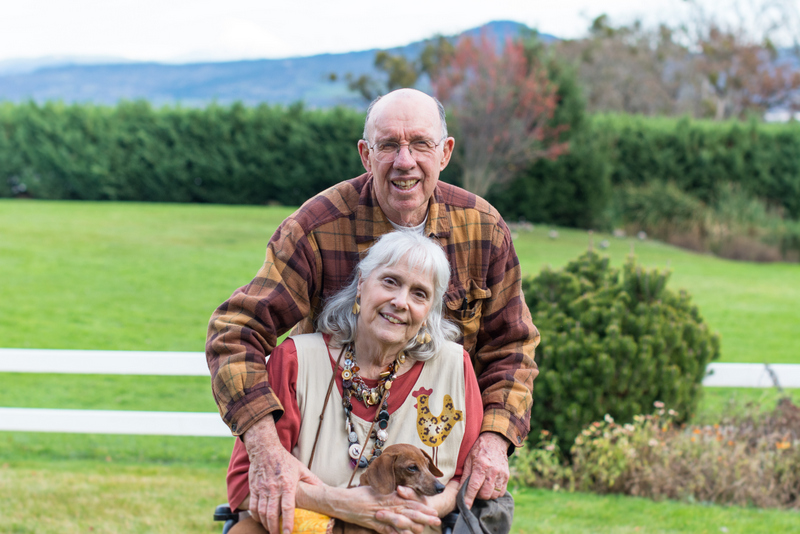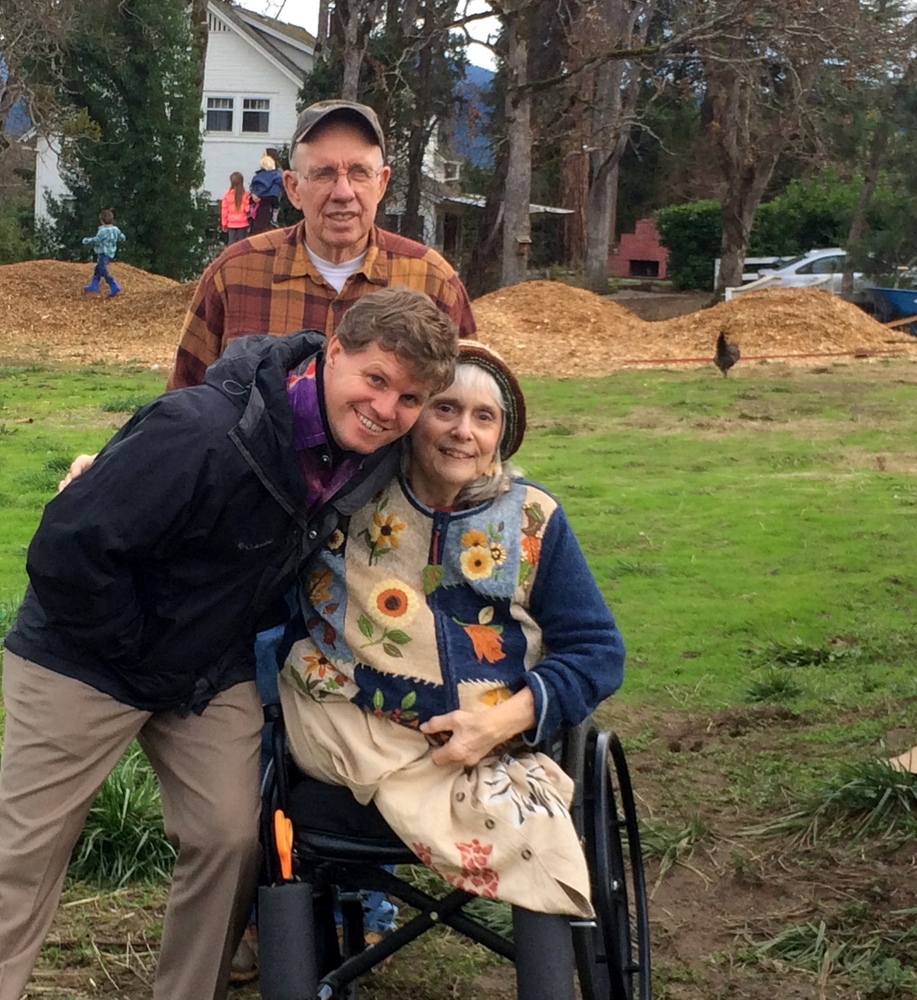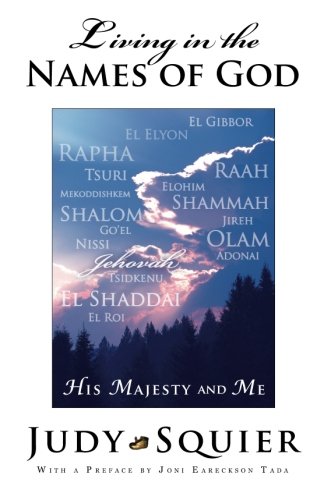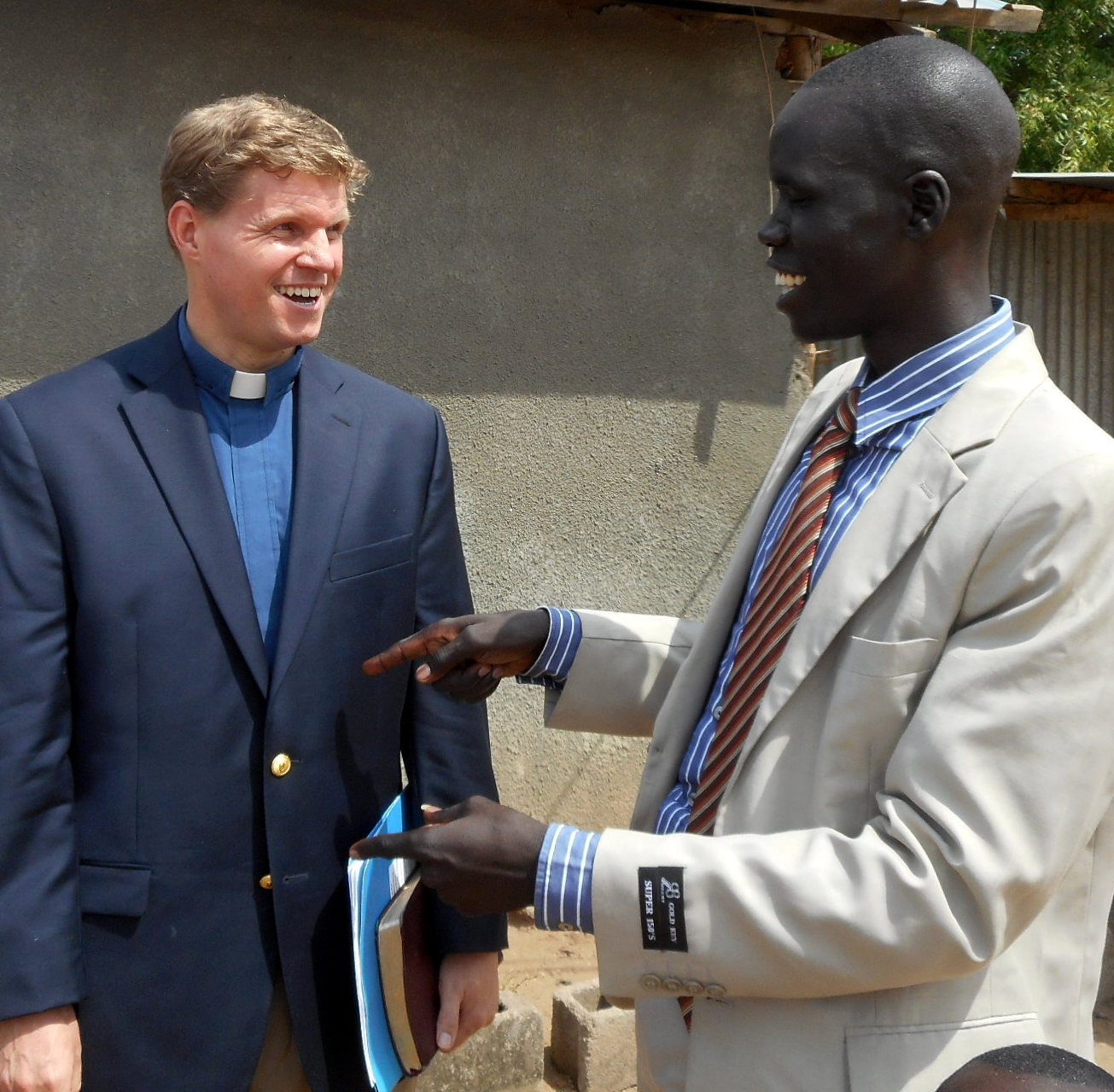A Letter from Bob and Kristi Rice, serving in South Sudan
June 2018
Write to Bob Rice
Write to Kristi Rice
Individuals: Give to E200429 for Bob and Kristi Rice’s sending and support
Congregations: Give to D507528 for Bob and Kristi Rice’s sending and support
Churches are asked to send donations through your congregation’s normal receiving site (this is usually your presbytery)
It hit us like a tornado. Hardest hit was my Aunt Judy, losing her husband, my Uncle David, 60 days after diagnosis. For my whole life long, I have known Aunt Judy and Uncle David as faithful and committed Christians. My Aunt Judy was born with no legs and has learnt to rely on her Father in Heaven, her husband, her three daughters, and others for many of her physical needs. My Uncle was her legs and so much more for 50 years. Now he is gone, yet my Aunt Judy continues her earthly sojourn, trusting her Savior to meet her daily needs.
Five years ago, my Aunt Judy wrote a book entitled Living in the Names of God: His Majesty and Me(link to book here). This book is a wonderful testimony to a life of intimacy and communion with the Living Lord of the Universe, known to the children of Israel, His covenant community of faith, by many significant names loaded with meaning: Elohim, El Elyon, Yahweh, Jehovah Raah, El Gibbor, Jehovah Jirah, Adonai, Adonai Tsuri, Jehovah Shammah, El Roi, Jehovah Nissi, Jehovah Tsidkenu, El Shaddai, Jehovah Rapha, Jehovah Shalom, Jehovah Mekoddishkem, El Olam, Go’el, and a few longer names as well. Each name, charged with meaning, possesses specific significance in enumerating God’s power, God’s love, God’s goodness and God’s faithfulness. When a ram appears in the thicket and becomes the necessary sacrifice instead of his son Isaac on Mount Moriah, Abraham calls the place “Jehovah Jirah,” which means “On the mount of the LORD it shall be provided” (Genesis 22: 13, 14). Hagar, the cast away Egyptian slave, names the LORD who speaks words of promise and care to her, saying “You are El Roi,” the God who sees me (Genesis 16: 13). God refers to himself as El Shaddai, the All-Sufficient One, when he appears to Abram promising to make him and his people exceedingly numerous (Genesis 17: 1ff). A singular joy of my life has been listening to my cousin Emily play the song El Shaddai on the piano at family gatherings, a song written by Michael Card and popularized by Amy Grant, a song that sustained Aunt Judy through the fiery ordeal of her husband’s horrid cancer.
Of course, the children of Israel are not alone in “naming” God. We find that reality here in South Sudan as well. For Toma, one of our students at Nile Theological College (NTC), the name “God is my Uncle” has become of singular importance. In the culture of his people, the Anywaa of South Sudan and Ethiopia, when a young man has challenges with his father or needs help in some way, he can always run to his maternal uncle. In Toma’s case, his mother has three sisters but no brother. When Toma was away at school with no uncle to run to, he cried out to God, the All Sufficient One who filled that significant role of maternal uncle, proving Himself and supplying all Toma’s needs. Because of that experience, “God is my Uncle” has become central to how Toma understands who God is. So important is this name that Toma named his third- born son “Nhara Jwok,” meaning “God is my Uncle” in the Anywaa language. This name has created a unique bond between Toma and his son.
In December 2016, Toma’s home in Pochalla, near the Ethiopian border, was assailed with bullets, invaded, and torched during the night. While all livestock died in the fire, Toma marvels how God protected each of his family members. However, in a sad twist of fate, the raiders abducted his son Nhara Jwok, stealing the six-year-old boy out from between Toma’s mother and sister. Toma, studying at NTC in Juba at the time of the invasion and abduction, was informed on Christmas morning. Nhara Jwok has not been seen since. Toma, a very wise and discerning young man, sees the bigger picture, realizing that his suffering in losing his dear son helps him empathize with others in his community who have suffered a similar fate. We pray with Toma that one day Nhara Jwok will be returned to Toma and his family.
Reverend Awadia Bulen’s smile and full-bodied laugh are priceless! The joy of the LORD radiates from her as brilliantly as a rainbow shines after a long rain. In listening to Awadia tell her story, one is struck by a life of hardship and toil, sacrifice and pain. In 2014, she lost her husband, who was also a pastor. In most cultures of South Sudan, when a woman loses her husband she continues to “belong” to her husband’s family. In Awadia’s case, her late husband’s family has done nothing to help her as a widow. In fact, two brothers of her late husband now look to Awadia to support them! She is also obligated to forgo her responsibilities as pastor and community leader when family obligations come calling — she has no voice, she has no say. Yet, in the midst of losing her husband, not being cared for by his family, being forced to care for two of his brothers, and not having a voice concerning family matters, Awadia continues to trust the All-Sufficient One. Recently, a visitor to Juba was surprised when she learned that Rev. Awadia is a widow. It seems that you are being well taken care of, she told her. Awadia flashed her brilliant smile and told the woman, “Yes, indeed I am well taken care of … Jesus is My Husband!” Awadia says that she is better off than many women who still have their husbands; simply put, Jesus cares for her, providing for all of her needs.
As we live into the names of God, we learn to trust Him in our unique situations and stations of life. Whether we know God as El Shaddai, Jehovah Jireh, El Roi, or even as “God is My Uncle” or “Jesus is My Husband,” we can know that God cares deeply about us and knows our needs, that His love never fails. I can trust that El Shaddai, the All-Sufficient One, will nurture and care for my Aunt Judy even though her husband, Uncle David, is no longer with us. In places like South Sudan where there is so much suffering and pain, it is heartening and inspiring to see God’s tangible care and concern for His children, people like Toma and Reverend Awadia.
We pray for you, brother and sister, mother and father, that you may know that this God, the All-Sufficient One, sees you, cares for you, and has good plans for you. As always, we give thanks and praise to Jehovah Jireh, the provider, for caring for all of our needs, and doing so through you! For it is your prayers and sacrificial giving that allow us to live and serve here. Grace and peace, dear friend and partner, to you!
Bob and Kristi
![]() You may freely reuse and distribute this article in its entirety for non-commercial purposes in any medium. Please include author attribution, photography credits, and a link to the original article. This work is licensed under a Creative Commons Attribution-NonCommercial-NoDeratives 4.0 International License.
You may freely reuse and distribute this article in its entirety for non-commercial purposes in any medium. Please include author attribution, photography credits, and a link to the original article. This work is licensed under a Creative Commons Attribution-NonCommercial-NoDeratives 4.0 International License.



